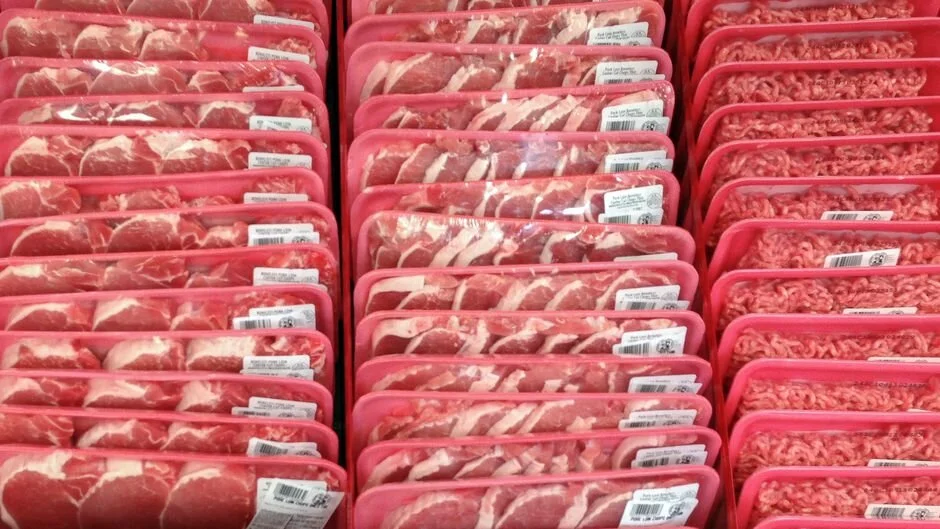In this article, we are reminded of both the consequences of forest fires on people and animals as well as the regenerative affects on the soil.
Seeking the Spirituality of Trees
In this September 2025 Federation newsletter Food for Thought article, Sr. Linda Gregg reminds us that “Trees have always been intertwined with our spiritual traditions and are present in all major religious traditions….”.
Sacred Places, Sacred Memories, Sacred Times
In this Food for Thought article, Sr. Priscilla Solomon reminds us that - while we may not be able to escape the chaos of these times - we can use the gift of our memory to recall sacred times and place to help strengthen and guide us.
Winter-Tide Moments
In this December 2024 ‘Food for Thought’ article, Sr. Linda Gregg writes about Winter-Tide Moments- a time during which there is a far-seeing vison beyond what Is the everyday norm of our days…
The Sanctity of Seeds
In each seed there is a starter survival kit - a small parcel of food to energize the new life, a starter root and small seed leaf to initiate the photosynthesizing of energy for life. This reflection of seeds as the wonder of life is also shared with poetry.
Peace by Chocolate
“Peace by Chocolate” was the dream of the Hadhad family who emigrated to Canada as refugees from Syria in 2016 (after previously running a thriving business in Damascus for more than 30 years). Launching in their home kitchen in Antigonish, they rebuilt their lives and today operate a highly successful artisan chocolate business that employs numerous people in Canada and the United States. “When we came to Canada a few years ago, we had a dream and mission: A dream to rebuild our lives and a mission to share our story of hope and resilience…”. Read more about their journey …
Fairtrade Coffee
Have you ever wondered about the difference between the label ‘fairtrade’ and Fair Trade’ on coffee? This Food for Thought article in the Federation’s fall newsletter will explain so that you know which of those two labels actually supports the ethical treatment of farm labourers and respects the environment.
An Easter Egg Treasure
Decorating eggshells is an ancient practice spanning back 60,000 years ago to Africa where engraved ostrich eggs have been discovered. This interesting article chronicles the process of decorating eggs and the traditions of hiding Easter Eggs.
Amazing Mushrooms
What did you do to survive Covid lockdown? My friend grew mushrooms. This brought back childhood memories of mushroom hunting with my grandmother and her tasty recipes which inspired me to learn more. Mushrooms have long been the source of mythical intrigue, healing remedies and even magical fairy rings. Read more …
Braiding New Relationships
As I child I learned to identify and pick it. As long as they were able, my parents used to pick it every June or early July. We were taught that it is the hair of Mother Earth and that it was not to be over-picked. We were shown that each single-stem plant is rooted in the earth just as our hair is rooted on our heads. Read more…
Garnishes of Beauty: Edible Flowers
From the Spring 2022 Federation newsletter: At Stillpoint House of Prayer, we are blessed with Karen and Jasmine Hardy, a mother and daughter team, who prepare nutritious and appealing meals for our guests. Admiring their presentation of food…. read more
Finding Harmony in the Garden
Waste not Want Not
What skills do I have?
Stepping Up to a Smaller Foodprint
Winter Gardening?!
Looking out your window at the frost and snow, probably the last thing on your mind is gardening. Yet, I have discovered that there are an increasing number of gardeners here in Canada, who are extending the growing and harvesting season through the cold months of the year, by using inexpensive and innovative techniques and structures.
Letter on Climate Action
What is a Meal?
Gratitude, Grace and God's Good Earth
A couple of years ago I was with friends in a restaurant in Toronto. At the table next to ours a rather “affluent-looking” group of young men and women were gathered for dinner. As their meal arrived they all made the sign of the cross and proceeded to share a most beautiful and moving grace before meals.













